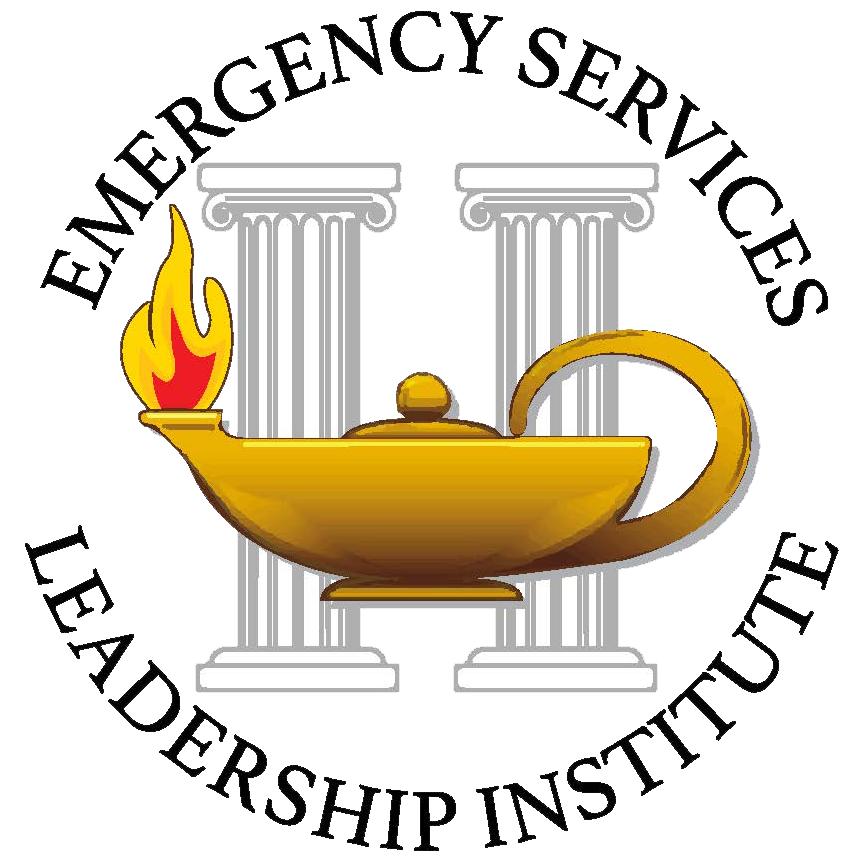Emergency Services Leadership Institute (ESLI) Program Provide Value Added
By Francis J. Ennist, Retired Fire Chief
 In July 2000, the Emergency Services Leadership Institute (ESLI) initiative, in cooperation with the Florida Fire & Emergency Services Foundation (FFESF), was completed and disseminated among Florida’s fire service members. This effort was led by William L. Bingham, Fire Chief (Retired) and later carried on my Neal DeJesus, Fire Chief (Retired). Many instructors assisted in the development and teachings of the program. In 2011, a modification was made when the current six 6) modules became the standard. In January 12, 2012, after months of careful consideration and feedback from instructors and participants, as well as the execution of participant survey instruments, a restructured version of the ESLI program was rolled out among Florida’s mid-level and chief fire officers. The intent of ESLI is to provide instructors and students with a positive and relevant educational experience, specific to local and contemporary issues, and programming that is not readily available in other offerings in this packaging structure. As a result of a six-month final review process, the following modules were established, with significant content changes that will add to the program’s value.
In July 2000, the Emergency Services Leadership Institute (ESLI) initiative, in cooperation with the Florida Fire & Emergency Services Foundation (FFESF), was completed and disseminated among Florida’s fire service members. This effort was led by William L. Bingham, Fire Chief (Retired) and later carried on my Neal DeJesus, Fire Chief (Retired). Many instructors assisted in the development and teachings of the program. In 2011, a modification was made when the current six 6) modules became the standard. In January 12, 2012, after months of careful consideration and feedback from instructors and participants, as well as the execution of participant survey instruments, a restructured version of the ESLI program was rolled out among Florida’s mid-level and chief fire officers. The intent of ESLI is to provide instructors and students with a positive and relevant educational experience, specific to local and contemporary issues, and programming that is not readily available in other offerings in this packaging structure. As a result of a six-month final review process, the following modules were established, with significant content changes that will add to the program’s value.
- Human Resources and Labor Relations Module (HR)
- Personal Qualities, Leadership, and the Organization Module (PQ)
- Government Relations and Public Policy Module (GR)
- Marketing Fire and Emergency Services Module (MF)
- Finance and Budgeting Module (FB)*
- Emergency Management Module (EM) (added in 2012)
As part of the program reconstruction, an Instructor Guide was developed which addresses the general competencies and other performance expectations deemed essential, and which emphasizes the mission, vision, and values of ESLI. The use of Research Tools, Group Discussion, Team Exercises, Case Scenarios, Student Presentation, Role Playing, and Debate are encouraged. One intended and anticipated outcome of this curriculum is to stimulate dialogue among the stakeholders of the fire and emergency service professions regarding the best thinking and best practices of their colleagues as to what constitutes competent instruction. It was predetermined that much of what is taken away from this program is generated by information-sharing among participants throughout each session.
The purpose of ESLI presentations was to;






